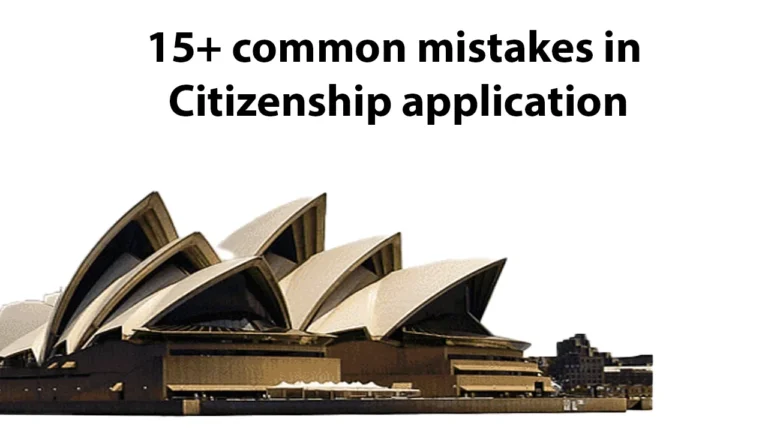LIFE IN THE UK CHAPTER TEST SERIES EXAM 5.1
The United Kingdom prides itself on a legal system founded on principles of fairness, equality, and the rule of law. This means that, theoretically, all individuals, regardless of their background, should receive equal treatment under the law. However, achieving perfect equality in practice is complex and multifaceted.
The Principle of Equality
The notion of equality under the law is a cornerstone of British legal tradition and forms the bedrock of the justice system. This principle asserts that everyone, regardless of race, gender, religion, sexual orientation, disability, or socioeconomic status, should be treated impartially by the law.
The Human Rights Act 1998 reinforced this principle by embedding the European Convention on Human Rights into national legislation. This act guarantees essential rights and freedoms, including the right to life, liberty, and personal security; the right to freedom of speech; and protection from discrimination.
Challenges to Equality
Although equality is legally established, its practical enforcement faces several challenges:
- Socioeconomic Disadvantage: People from less privileged backgrounds may encounter obstacles in accessing justice, such as financial constraints preventing them from securing legal representation or difficulties in navigating complex legal processes.
- Discrimination: Despite existing anti-discrimination laws, biases related to race, gender, disability, and other protected characteristics still persist, resulting in uneven treatment in employment, housing, and the criminal justice system.
- Overrepresentation: Certain groups, notably ethnic minorities, are disproportionately represented in the criminal justice system, raising concerns about potential bias and unfair practices.
- Geographic Disparities: Access to legal services can differ by location, with rural areas often experiencing greater challenges.
Efforts to Promote Equality
The UK government has taken several steps to advance equality and address disparities:
- Equality Legislation: The Equality Act 2010 offers a thorough framework for safeguarding individuals against discrimination.
- Legal Aid: The legal aid system is designed to ensure that individuals who cannot afford legal representation still have access to justice.
- Diversity and Inclusion: Initiatives to enhance diversity and inclusion within the legal profession are in progress to improve representation and understanding of diverse communities.
- Data Collection and Analysis: Collecting and analyzing data on different groups’ outcomes helps identify disparities and guides policymaking.
The Role of the Judiciary
The judiciary plays an essential role in maintaining the principle of equality. Judges have the power to interpret and apply the law in ways that foster fairness and justice. They can also address discriminatory practices and policies.
Conclusion
While the UK has made notable progress in advancing equality under the law, challenges persist. Realizing true equality requires continuous efforts to tackle systemic inequalities and ensure the legal system is accessible and fair to everyone. By adhering to principles of fairness and justice, the UK can work towards a society where everyone has equal opportunities to succeed.


